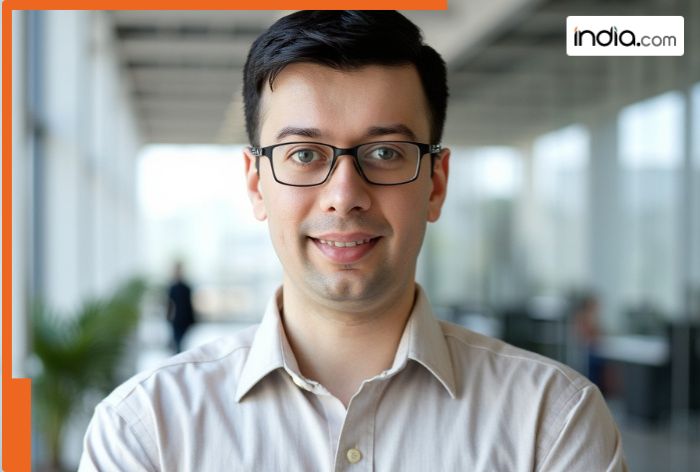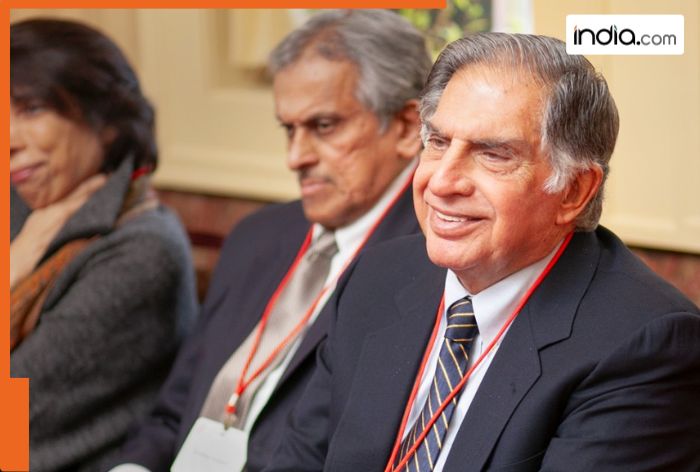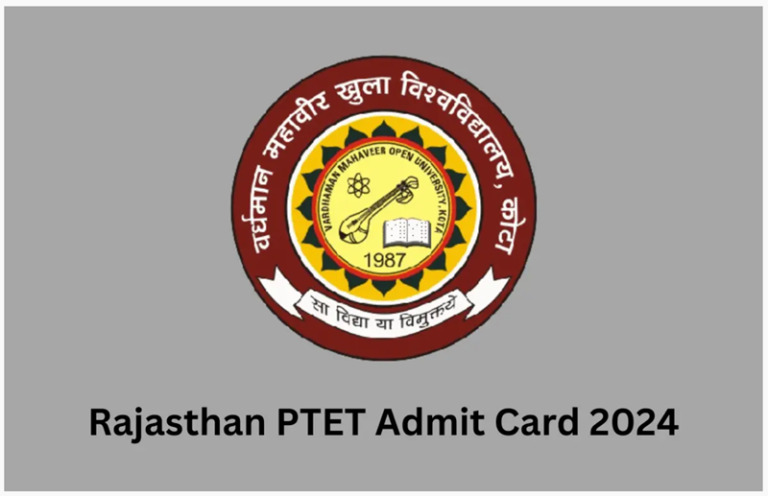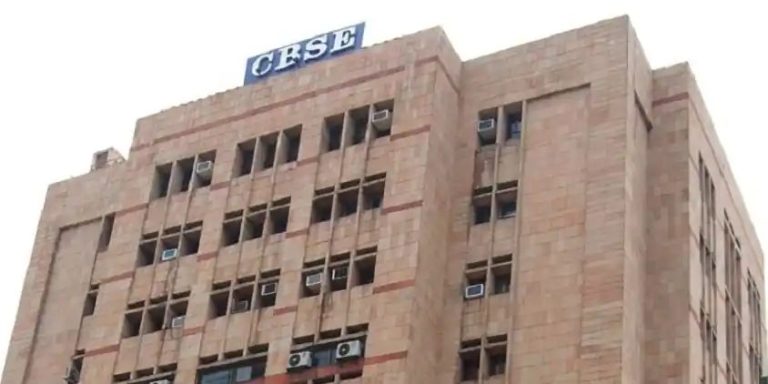Raoul Hira explains how to become a cyber expert and way towards resilient digital world

Various rapidly digitised critical infrastructure sectors in India — from finance to government systems and from manufacturing to healthcare — now face increased cyber attacks and cyber threats.
According to the India Breach Report by FalconFeeds, a product of the cybersecurity firm Technisanct, India faced a significant number of cyber-attacks in the first half of 2024. These incidents included 593 cases of data breaches, leaks, ransomware attacks, and the illegal trading of access credentials. The urgent need for cybersecurity specialists in India has never been more pronounced than it is today.
Raoul Hira, a Cybersecurity Strategy Consultant, specialising in cybersecurity consulting, will delve into the nuances of these challenges, illustrating how the landscape of cybersecurity is evolving and why the demand for skilled cybersecurity specialists in India is at an all-time high.
From Pioneering Academic to Global Consultant
Raoul Hira’s career in cybersecurity spans continents and includes numerous significant achievements. His journey began with the creation of India’s first university-level cybersecurity course, marking an important milestone in his career. This initiative not only set the foundation for his future endeavours and established him as a pioneer in the field.
Transitioning from academia to global consultancy, Raoul Hira’s expertise took him to 15 countries, where he tackled diverse and complex cybersecurity challenges. His work across different nations enriched his understanding of global cyber threats and strategies, further solidifying his reputation as a formidable expert in the field.
In 2015, Raoul Hira joined PwC in the US, where he became a leading expert in cyber strategy. His role involved advising top-tier clients on safeguarding their digital infrastructures against evolving cyber threats. At PwC, his strategic insights and innovative solutions have been very useful in enhancing the cybersecurity posture of numerous organisations.
Raoul Hira emphasises, “The journey through different cultures and challenges has taught me that cybersecurity is not just a technical field but a universal language of trust and resilience. Sharing knowledge and fostering collaboration across borders is key to building a safer digital world for everyone.”
Revitalising Cybersecurity at a Children’s Hospital
Raoul Hira’s involvement in the two-year cybersecurity transformation at a children’s hospital remains one of the most significant projects in his career. This initiative was undertaken in response to a major cybersecurity incident that had severely impacted patient data security and the hospital’s overall operations.
The primary challenge was restoring trust while ensuring robust protection against future threats. Raoul Hira led a comprehensive assessment of the hospital’s existing cybersecurity framework, identifying critical vulnerabilities that needed urgent attention. His strategy involved implementing advanced security technologies, enhancing staff training, and establishing a proactive incident response plan.
One of the key strategies was to foster a culture of cybersecurity awareness among hospital staff. Raoul Hira organised regular training sessions to educate employees about recognizing potential threats and the importance of maintaining stringent security protocols.
Reflecting on this project, Raoul Hira concludes, “Transforming the cybersecurity landscape of a children’s hospital was about more than just implementing new technologies; it was about safeguarding the most vulnerable and restoring faith in the institution’s ability to protect them. This experience reinforced my belief that cybersecurity is fundamentally about people and trust. By prioritising these aspects, we can create resilient systems that not only defend against threats but also empower organisations to thrive.”
The outcomes of this transformation were profound. Not only did the hospital significantly improve its cybersecurity posture, but it also regained the confidence of its patients and stakeholders. The key takeaway from this project was the critical importance of integrating cybersecurity into the organisational culture, ensuring that every staff member plays a role in protecting sensitive information.
(DISCLAIMER: The views and opinions expressed in this article are those of the author and do not necessarily reflect the official policy or position of India.com. The writer is solely responsible for any claims arising out of the contents of this article.)





